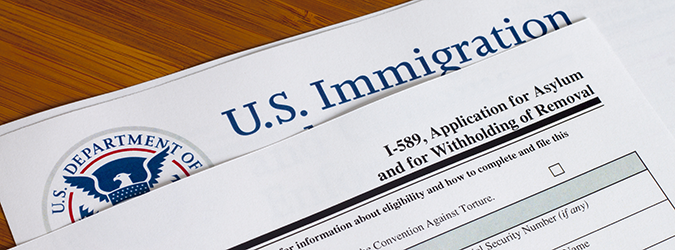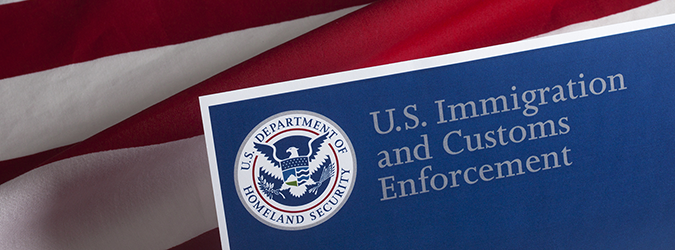Lawyers Called to Action To Aid New Arrivals in New York State
9.26.2023

In late September, after months of negotiation between state governors and President Joe Biden, the United States will grant temporary deportation relief and access to work permits to Venezuelan migrants already in the country. Nearly half a million migrants who arrived here before July 31 will be eligible for temporary protected status for 18 months.
Gov. Kathy Hochul and New York City Mayor Eric Adams lobbied the Biden administration for the change, allowing migrants the ability to work in the U.S. and support themselves. Speaking on MSNBC, Hochul said, “We have a worker shortage crisis, we have empty jobs right now,” in hotels, nursing homes and food service that can be filled by the migrants.
A recent New York State Bar Association program “Information About Asylum and Providing Assistance to Asylum Seekers” outlined the needs of civil legal service groups in New York City and upstate areas where migrants live. The program was sponsored by the Committee on Immigration Representation.
Susan Marks of Catholic Charities opened the program with a call to mobilize volunteers to work with new arrivals filling out paperwork for applications for asylum and work permits. The process to obtain a work permit routinely takes 150 days, but Marks says granting TPS will speed up this process.
Areeba Thakir of New York Legal Response outlined the surge in people fleeing Venezuela, which is in the midst of political and economic upheaval. More than seven million people have fled the country since 2021. The U.S. saw 150,000 Venezuelans cross the border from October 2021 to August of 2022. But not all the migrants are from that one area.
“Recently a large number of migrants have been coming from countries in Africa,” she said. “After crossing the southern border, thousands have made their way to New York State with the help of officials in Texas.”
Now that work authorization is available for some migrants, Hannah Strauss of the Immigration Court Helpdesk says the greatest need at her agency is volunteer attorneys who can help migrants fill out their paperwork.
“Our greatest problem is finding counsel. People can’t get their cases ready in time to meet the court deadline if they can’t find a lawyer,” she said. “Applications are hard for them to complete if they don’t know English or need an attorney.”
The ICH, which is operated by the Acacia Center for Justice, assists migrants with tools to present their cases pro se or refer them to attorneys. They hold monthly workshops educating immigrants on how the court system works and helps them complete paperwork including asylum application and change of venue motions.
How You Can Help New Arrivals
The presenters outlined a few different opportunities to help. A Friend of the Court acts as a liaison between the court and the respondent before, during and after a hearing. The goal is to help migrants prepare their pro se case and to accompany migrants in the courtroom. The volunteer takes one case at a time often working with a staff member at ICH but does not make arguments for clients.
Volunteering to conduct Legal Screenings includes answering questions, reviewing the documents and flagging concerns to share with staff attorneys Volunteers often dispel rumors for clients and eliminate confusion.
“We hold screening events in our office, at churches and other locations in the community,” said Areeba Thakir.
Self Help Workshops are another method of helping asylum seekers. These monthly events help families meet court deadlines to submit asylum applications and other motions such as change of venue or change of address. The volunteer acts as a relay between staff attorneys and paralegals helping respondents complete their paperwork.
The program continued with an in-depth look at definitions of political asylum and information on representing new arrivals in court. The three-hour CLE is available to view on demand.
Lastly, all three presenters encouraged participants to seek out opportunities in their communities or counties to help new arrivals. Groups like ICH and Catholic Charities are ready to accept volunteers from any legal background, from solo practitioners to large firm attorneys. Retirees and non-practicing attorneys are also welcome.





